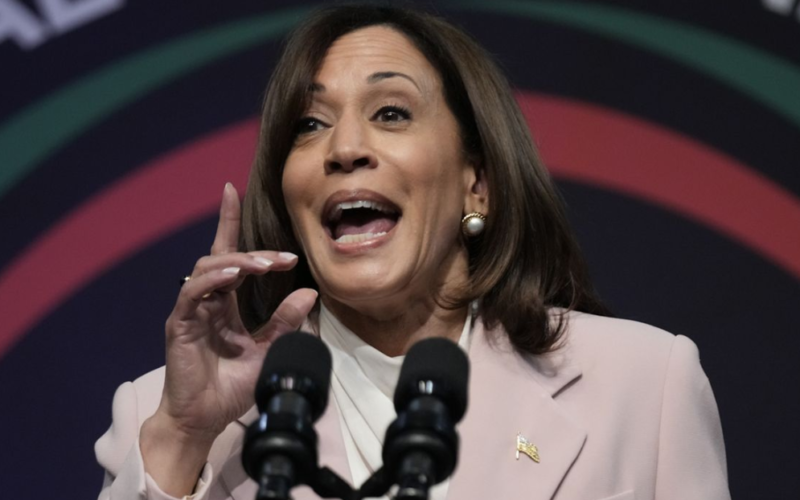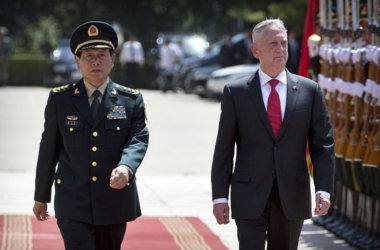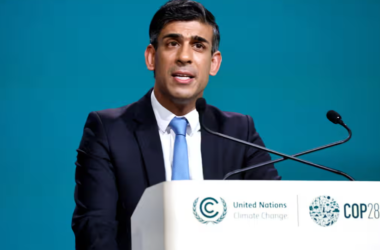Vice President Kamala Harris emerged as a key representative of the United States at the COP28 conference, delivering a significant address that stirred varied reactions in response to the nation’s climate pledges. The nuanced reception underscores the complex landscape of global climate negotiations and the diverse expectations surrounding the commitment of nations, particularly that of the United States, in the fight against climate change.
As the second-highest-ranking official in the U.S. government, Vice President Harris assumed a pivotal role at COP28, providing insights into the nation’s stance on climate action and outlining the commitments made by the United States. Her address delved into the multifaceted nature of the climate crisis, emphasizing the need for collaborative, science-based solutions to address the challenges posed by global warming.
The mixed reaction to the U.S. climate pledges is reflective of the intricate dynamics surrounding international climate negotiations. While some lauded the commitments as a step in the right direction, others expressed reservations and called for more ambitious and immediate actions to align with the urgency of the climate crisis. The diversity of perspectives highlights the delicate balance that the United States, like other nations, must strike in meeting the expectations of the global community while considering its domestic priorities.
One key aspect of Vice President Harris’s address was the emphasis on the U.S. commitment to reducing carbon emissions and transitioning to clean energy. The Biden administration’s ambitious targets for decarbonization and investments in renewable energy sources were highlighted as crucial components of the U.S. strategy to combat climate change. However, critics argue that achieving these targets requires robust policy implementation and immediate, tangible actions to translate promises into measurable results.
The role of the United States in global climate efforts has been a subject of scrutiny and anticipation, particularly given the nation’s historical contributions to greenhouse gas emissions. Vice President Harris’s address aimed to convey a sense of responsibility and commitment, positioning the United States as a proactive player in the international fight against climate change. Nevertheless, the intricacies of domestic politics, including legislative hurdles and shifting priorities, continue to shape the nation’s ability to fulfill these commitments.
The global community is closely monitoring the actions of major emitters, and the United States, as one of the largest contributors to historical emissions, faces heightened expectations. The mixed reaction to Vice President Harris’s address underscores the intricate nature of international climate negotiations, where consensus-building and compromise are integral to advancing collective efforts to address a shared global challenge.
In conclusion, Vice President Kamala Harris’s address at COP28 reflects the complex landscape of global climate negotiations, with diverse reactions highlighting the multifaceted expectations surrounding U.S. climate commitments. As the world grapples with the urgency of climate action, the United States, along with other nations, faces the ongoing challenge of balancing domestic priorities with global responsibilities in the pursuit of a sustainable and resilient future.








